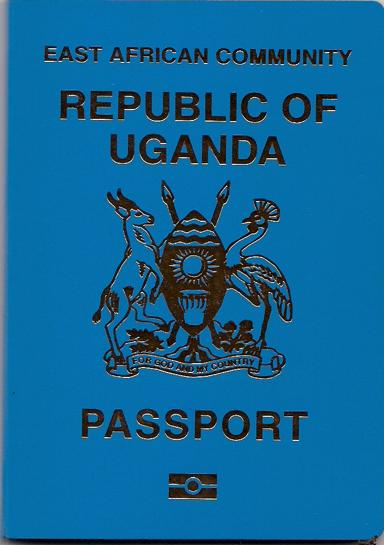Visa free access for Uganda
As a Uganda passport holder, you are permitted to travel visa-free to 99 countries and territories. This data is correct as of March 2024.
In order to travel visa-free, you will need a valid passport, often with at least six months until expiry. Additionally, you may need travel insurance, as required by your destination country.
Within these countries, there is often a separate section in airports where you can submit your Visa on Arrival. You will receive your visa on arrival (VOA) after entering the country that issued the visa.
Acquiring an eVisa follows the same process as applying for a traditional visa. The main difference with an eVisa is that you don’t need to visit a visa application centre. You can submit your application online, including making any payments relating to the visa.
Once the relevant authorities approve your application, you will receive a confirmation email regarding your visa status, along with a document that you must print and bring with you when crossing the border.
You will need a valid visa to enter the 99 countries with a Uganda passport.
About Uganda
Uganda, officially known as the Republic of Uganda, is a landlocked country located in East Africa. It’s known for its diverse culture, vibrant wildlife, and beautiful landscapes, including the iconic Lake Victoria and the snow-capped Rwenzori Mountains. With a population of over 45 million people, Uganda is home to more than 50 different ethnic groups, each with its unique traditions, languages, and cultures. Luganda and English are the most widely spoken languages.
Uganda’s climate is tropical and is generally rainy with two dry seasons from December to February and June to August. Despite being located on the equator, the country’s climate is not uniformly hot due to its elevated altitude.
The Ugandan economy is primarily based on agriculture, with coffee being its major export. The country also has substantial natural resources, including fertile soils, regular rainfall, and deposits of minerals. In recent years, the tourism sector has also seen significant growth, thanks to Uganda’s rich biodiversity.
Uganda has a rich cultural heritage with music, dance, and art playing a significant role in societal norms and values. The country is also known for its friendliness and hospitality, often referred to as the ‘Pearl of Africa’. Overall, Uganda is a country of diversity, beauty, and potential.

 Uganda
Uganda




































































































































































































